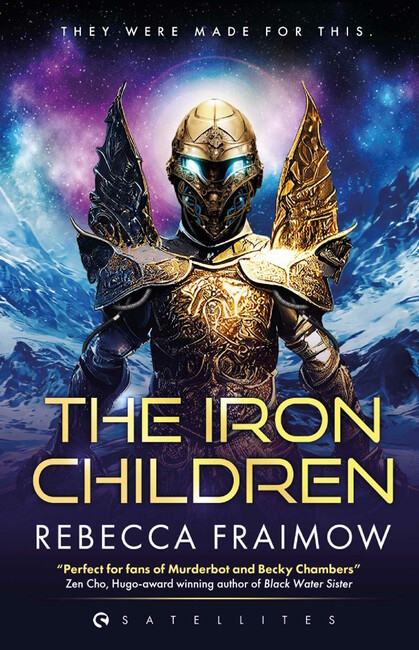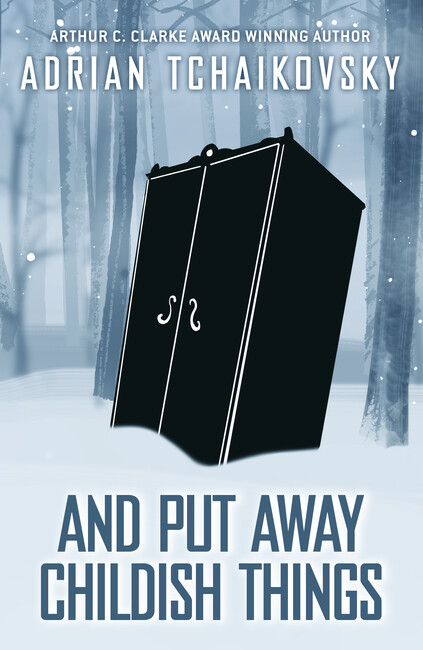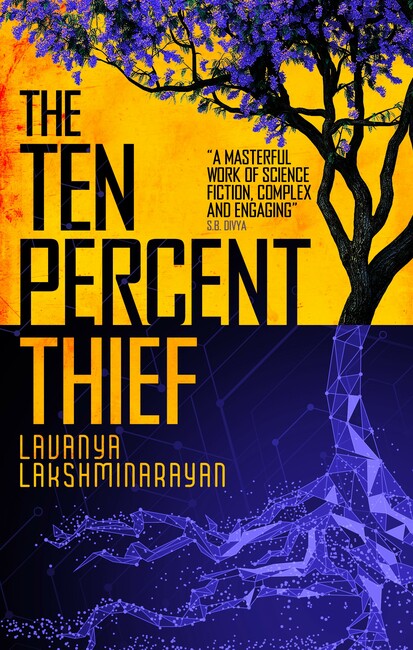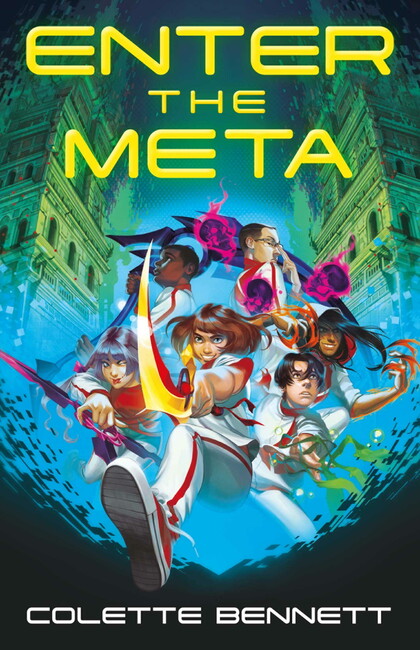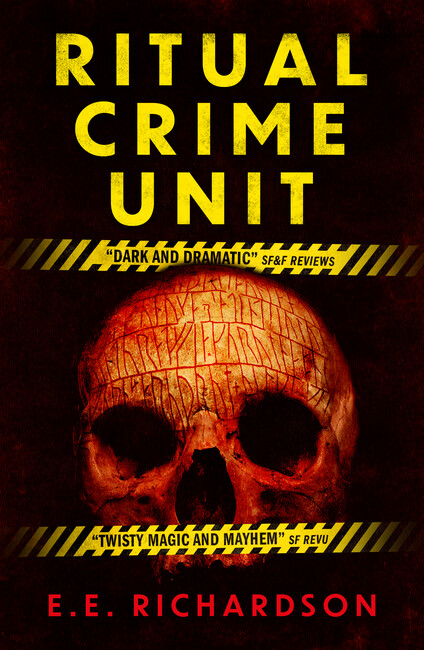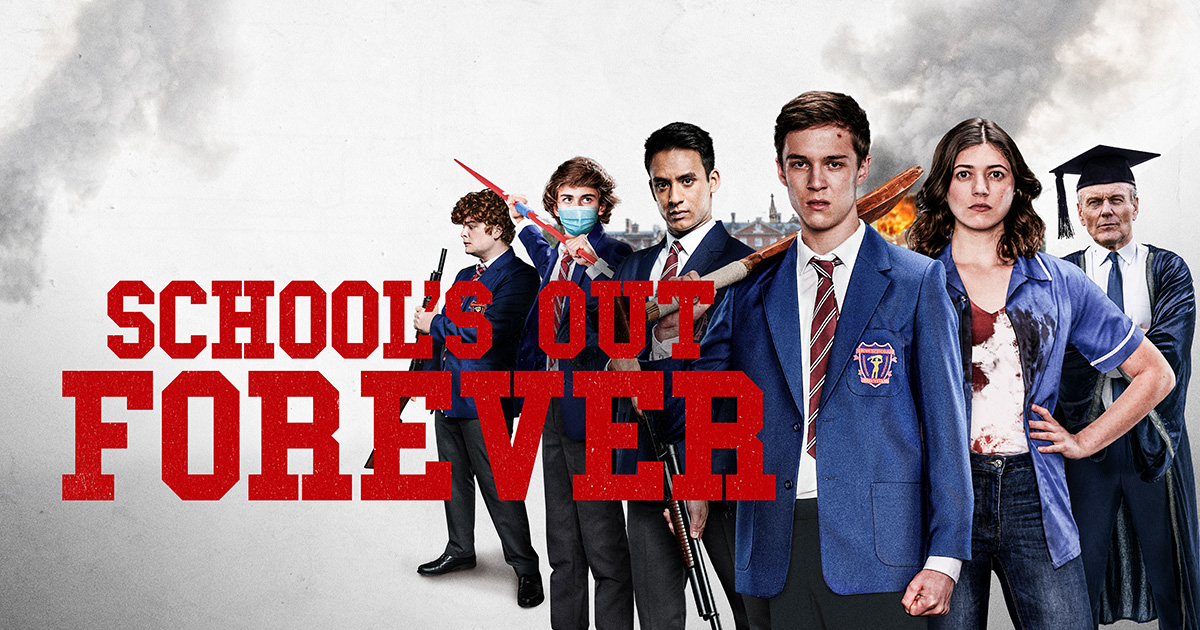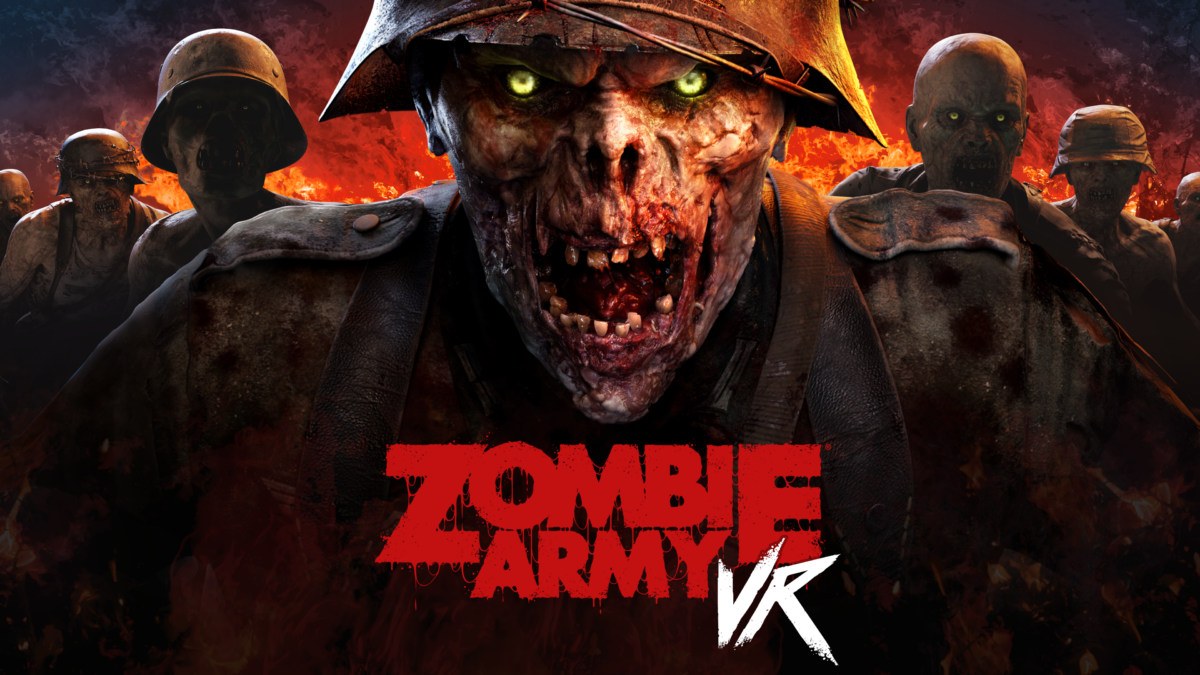Jason Kingsley on Self-Publishing (Part 4)
5th June 2015
As our CEO Jason Kingsley explains below, self-publishing Zombie Army Trilogy was a risk for a studio like Rebellion, but it was a risk we could control. And the game has proven to be a stellar success. With that in mind, here are the three key lessons we learned from self-publishing Zombie Army Trilogy.
The early results are in for Zombie Army Trilogy, Rebellion’s first self-published console title. I’m pleased to say we are on track to make double our costs back in 12 months or less – a return rate that, if you’re a venture capitalist, you’d be more than happy with.
The goal of these articles has been to share some of the insights I’ve uncovered and, with this being the final piece, here are the key lessons we’ve learned.
1. Cut your coat according to your cloth
Self-publishing was a risk, but we felt we could control that risk. We took confidence from our track record, and that the investment required for the game was relatively modest.
This has to be reflected in the price, which is why Zombie Army Trilogy retails for a third less than the £45 (and up) that new-generation console titles tend to start at. This reinforces the view that there’s a market in-between mobile games and full-priced console releases – perhaps the mid-tier is making a comeback. Basically: we weren’t over-ambitious or greedy, either.
2. Happy fans and strong sales beat critical acclaim
When we made the first Nazi Zombie Army game, there were no plans for a sequel, let alone two of them and a console version. But the franchise found an audience – a keen fanbase for what is unashamedly a tongue-in-cheek, gory, WWII zombie shooter.
Part of the decision to self-publish came from knowing that there was a fanbase who wanted more. We didn’t over-analyse the market opportunity – we simply made a great game that we thought others would like to play.
I’ve spoken before about the disconnect between professional game reviews and consumer purchasing decisions, and that disconnect has been apparent again with Zombie Army Trilogy. That’s not to denigrate anyone; it’s simply that that the game was never designed to win a BAFTA, and with my CEO hat on, and my responsibility to pay our 200-plus staff, it’s sales that keep the lights on, not review scores or awards (though they are always welcome). My advice to other developer-publishers is not to be unduly fearful of reviews – and I say that as Rebellion’s creative director and a vociferous proponent of the artistic and cultural value of our medium. Creativity and innovation matter a lot – however, knowing what you do best and if there is a market for it, and then delivering what that market wants – is more important for a sustainable business.
3. Decide quickly and share early
If there’s anything I will do differently next time, it’s making key decisions faster – such as how we’re going to get a game to market.
It’s surprising just how many emergent and unexpected issues there are. For example, with Zombie Army Trilogy, whilst it’s clearly an 18-rated game, if you want your game on supermarket shelves, then the cover needs to be appropriate. That skinned, burnt, Nazi skull represents the game’s tone and content, but may give a buyer the heeby-jeebies.
Also, direct access to the PlayStation and Xbox platforms is wonderful, but brings with it a number of production and approval processes, which can take far longer than you think.
Ultimately game developers should take heart – self-publishing is a viable and profitable route if you’re prepared for everything that comes with it.
This is the fourth and final part of Jason’s series on self-publishing, as originally published by MCV. If you’re just joining us, be sure to go back and read parts 1, 2 and 3. And keep reading the Rebellion blog for more great content in the coming weeks and months.






